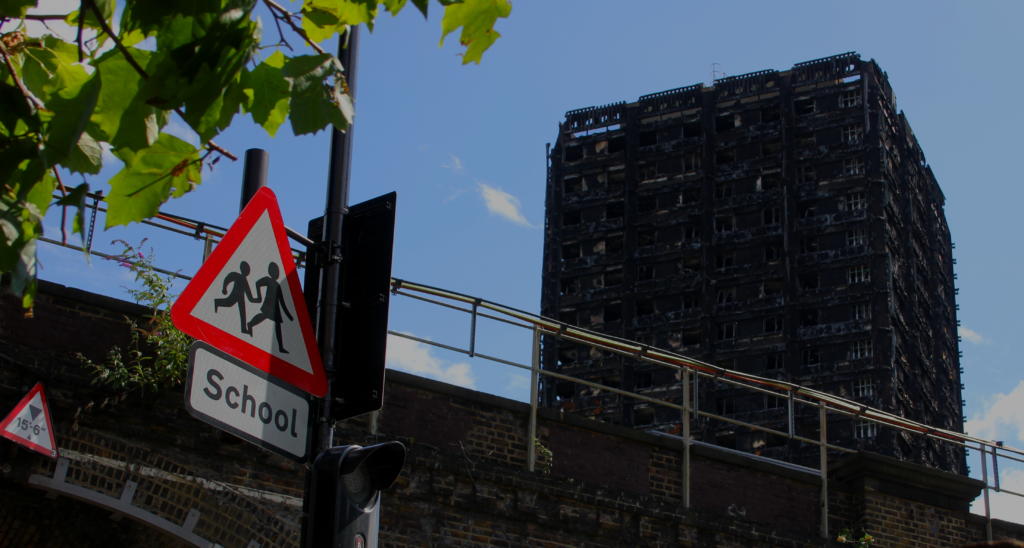
There has been significant focus on the adequacy of fire safety in new build residential properties over the last few months. The recent publication of the Phase 1 Grenfell Inquiry Report also made a number of recommendations about the use, testing and certification of building materials in high-rise buildings.
The requirements for fire stopping are set out in Building Regulations and British Standards. Fire stopping exists to prevent or slow the spread of fire from one property or part of a property to another. The consequences of properties not having adequate fire stopping are serious, as this risks the safety of occupants and properties alike.
Legislation imposes duties on Housing Associations to protect tenants in residential properties from hazards including fire. There are also general duties to ensure that properties meet applicable fire safety standards. Failure to comply with fire safety requirements could expose Housing Associations to fines and their directors and officers to criminal prosecution.
Unfortunately, it is not always easy to identify whether there has been a breach of the relevant Building Regulations, as fire stopping is often concealed during the course of the construction works. However, where potential fire safety issues are identified, remedial work should be carried out immediately to ensure that properties comply with the relevant Building Regulations. The question then arises: who pays for this work?
If a property has been built in breach of Building Regulations, you will need to identify if the breach was caused by negligent design, defective workmanship or a combination of the two. Where Housing Associations have employed the contractors and designers involved construction of the properties, they will have a direct contractual link with those parties. In circumstances where Housing Associations were not a party to the original building contract, they may have a claim via collateral warranties. Alternatively, they may be able to claim against the original developer or designer thanks to the Defective Premises Act or against any structural warranty provider.
If fire safety issues come to light, it is essential to act quickly to safeguard the Housing Association’s position and that of their directors, officers and tenants.
